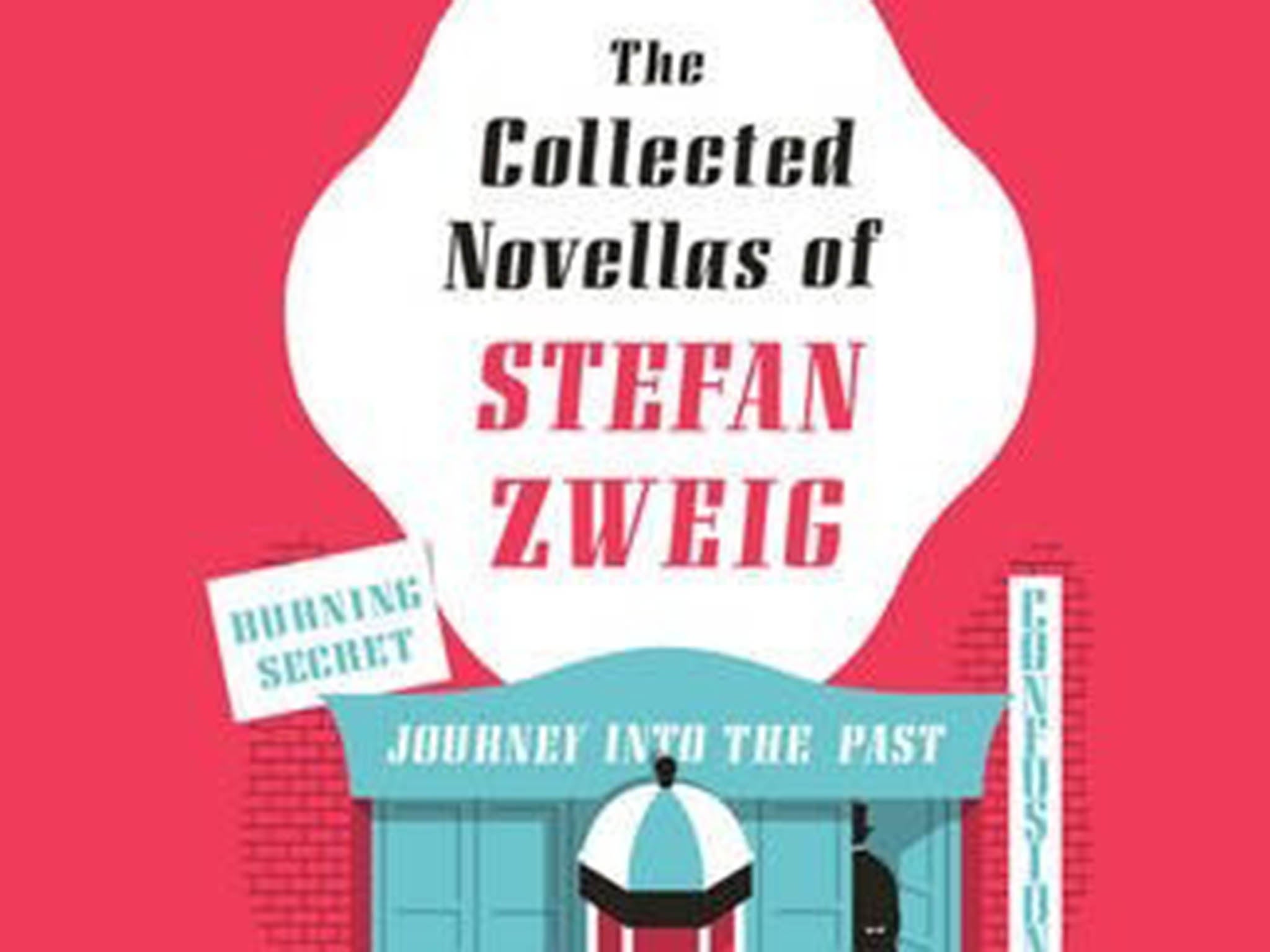Stefan Zweig: The Collected Novellas of Stefan Zweig: How to stir what lurks beneath a polite facade, book review
'His novellas all begin so innocently. By the time they have ended, you feel he has prised you open, played with your own sympathies, and exposed you to your own imperfect humanity'

The boasts of publishers about their latest book rarely merit the paper they are written on. But the Pushkin Press, a small outfit which produces exquisite editions of selected works, may not be guilty of bombast when it wrote in the release accompanying The Collected Novellas of Stefan Zweig: “to read anything by Zweig is to risk addiction”.
This collection follows Pushkin’s publication earlier this year of a short volume that Zweig wrote, just before his suicide in 1942: a biography of Montaigne, the well-born French 16th-century thinker who shut the door on the outside world and began to write an autobiography of his mind, of what it is to be human with all the defects.
When Zweig found a copy of Montaigne’s writings in a damp cellar he must have been drawn to him by a common sensibility. In Zweig, you see the same line of inquiry: who is the human behind the polite façade?
That unveiling of one’s truest self is at its most literal in the novella entitled Confusion in which a professor, upon retirement, is presented by his students with his collected academic works in a bound volume. But, he thinks, that was not who I was at all, it “merely describes me, it says nothing real about me”.
And with this opening vignette, he goes on to tell of the part of his life that burns most brightly, when an English lecturer inspired his student mind, while the professor’s wife inspired his body.
Another of the novellas, Burning Secret, could be described as a thriller of the emotions (for this the translator Andrea Bell must take credit). The façade here is a hotel, in which are a married woman and her ailing 12-year-old son who has come to recuperate. Also staying is an aristocrat with an eye for adventure with a woman. He sets his intent upon her, but standing in the way is the son who both adores the baron’s urbanity and is suspicious of his intentions towards his mother, a suspicion he cannot verbalise because he has no knowledge of physical love yet.
Within 90 pages, the propriety of the hotel dining room has broken into a brawl of desire, jealousy and filial love, all just beyond the reach of observers.
The risk of addiction to Zweig is two-fold: he can strip his characters down to their naked, fragile, irrational selves – one finds oneself painfully close very quickly – and then he wraps the reader up in a dilemma.
Journey into the Past is another extraordinary story, telling of the love between a poor engineer and a married woman. But of this volume Chess is the outstanding novella. It ranks with the starkest Hemingway and most disturbing Kafka in its simplicity and psychological intensity, all set around a game of chess with two opponents.
One is a doltish peasant who grew up to be a sly grandmaster; his opponent is an intellectual who, during imprisonment by the Nazis, had studied every game of chess, and played them out in his head, so much so that his persona split into the black and white side. The two-sidedness of chess becomes the torture.
Zweig’s writing is some of the most brilliant of the 20th century. His novellas all begin so innocently. By the time they have ended, you feel he has prised you open, played with your own sympathies, and exposed you to your own imperfect humanity. He deserves his full place on English language bookshelves.
The Collected Novellas of Stefan Zweig, Stefan Zweig. Pushkin Press, £16.99
Subscribe to Independent Premium to bookmark this article
Want to bookmark your favourite articles and stories to read or reference later? Start your Independent Premium subscription today.

Join our commenting forum
Join thought-provoking conversations, follow other Independent readers and see their replies